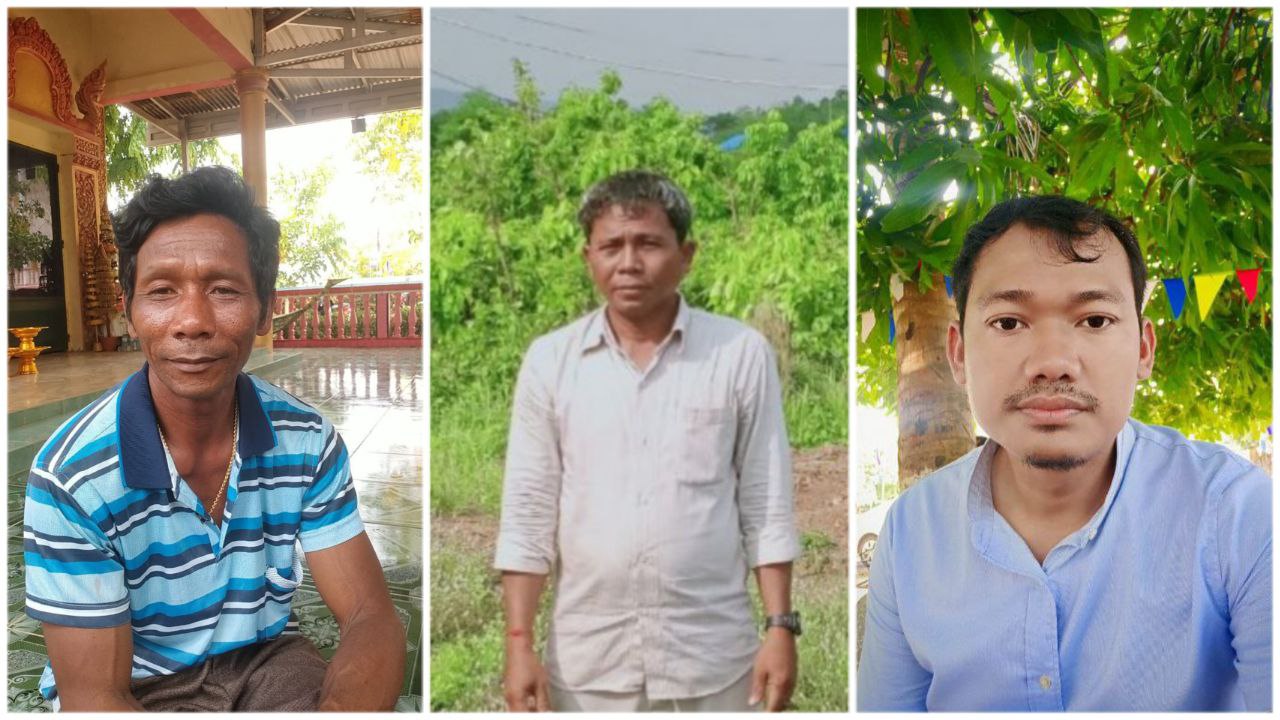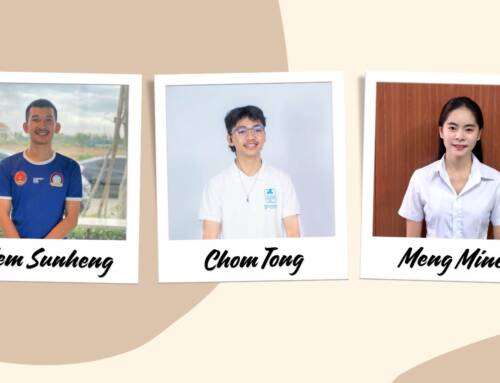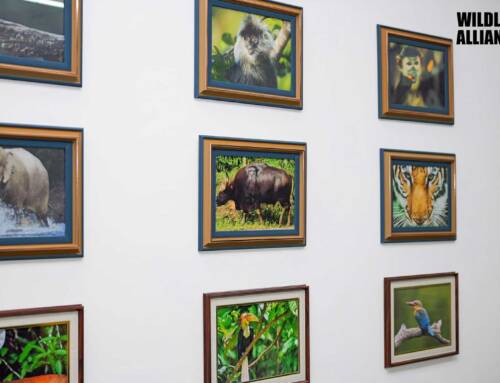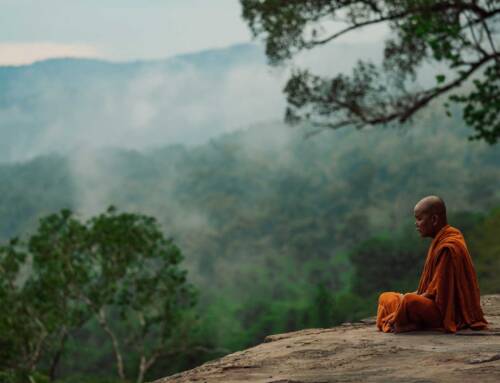Cambodia holds the last un-fragmented rainforest in the whole of Southeast Asia, hence it is every individual’s responsibility to preserve this natural heritage. Government Rangers with the financial support from Wildlife Alliance, patrol these protected areas which span a range of habitat types, including rainforests, mangroves, and savannas to stop threats to the landscape. They work in tough terrain and are on call 24/7. Often rangers are all that stand in the way of forests and wildlife disappearing forever.
My recent visit to Pursat province proved that not only rangers but the local people and communities also love and pledge to protect the wildlife and the rainforest.
Wildlife Alliance along with the Ministry of Environment and nine other NGOs collaborated in the Zero Snares campaign, zero bush meat, and protection of Cambodia’s rainforest.
During this campaign, I was able to talk to a few local members and I could see how committed they are not only to protecting wildlife and forests but also in educating the community members about the importance and urgency of taking action for protection.
Mr. Lek Chamnan is a 52-year-old Community Protected Area (CPA) representative in the village of Porng Pong. He prevents locals from snaring wild animals for bushmeat and stops them from cutting down trees. He protects the natural resources around his community.
“I do not want people to depend on the forest for their living. Once a month I call on all the villagers from our community and hold a meeting to explain to them the importance of our forest, and how it is protecting us against climate change. I talk to them about protecting the wild animals and not snaring these animals for trade or meat. I also inform them about the disadvantages of killing wildlife for meat which can lead to so many diseases.
I started working for CPA in 2021. Prior to this, I was depending on the forest too. However, I realized cutting the trees and killing animals is putting not only me but my family and everyone around me at threat. If the forest is wiped out completely, we humans won’t be able to survive the heat and other natural calamities. Our villagers have been depending on the forest for many generations and it is not an easy task to pull them out of it. But I am willing to do everything possible within my control to teach them and make them realize why they shouldn’t depend on the forest, and that they have other livelihood options. Being the representative of CPA, I also know the laws that abide in protecting Wildlife and the forest. I do not hesitate to inform our people that if they cut down trees or snare any wildlife they will have to face the law.
I have realized and thus, I pledge to zero snaring, zero bush meat, and protection of our forest in Cambodia,” said Mr. Lek Chamnan.
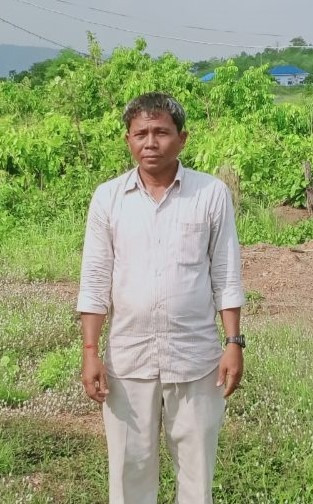

Mr. Lek Chamnan
“I do not want people to depend on the forest for their living. Once a month I call on all the villagers from our community and hold a meeting to explain to them the importance of our forest, and how it is protecting us against climate change. I talk to them about protecting the wild animals and not snaring these animals for trade or meat. I also inform them about the disadvantages of killing wildlife for meat which can lead to so many diseases.
I started working for CPA in 2021. Prior to this, I was depending on the forest too. However, I realized cutting the trees and killing animals is putting not only me but my family and everyone around me at threat. If the forest is wiped out completely, we humans won’t be able to survive the heat and other natural calamities. Our villagers have been depending on the forest for many generations and it is not an easy task to pull them out of it. But I am willing to do everything possible within my control to teach them and make them realize why they shouldn’t depend on the forest, and that they have other livelihood options. Being the representative of CPA, I also know the laws that abide in protecting Wildlife and the forest. I do not hesitate to inform our people that if they cut down trees or snare any wildlife they will have to face the law.
I have realized and thus, I pledge to zero snaring, zero bush meat, and protection of our forest in Cambodia,” said Mr. Lek Chamnan.
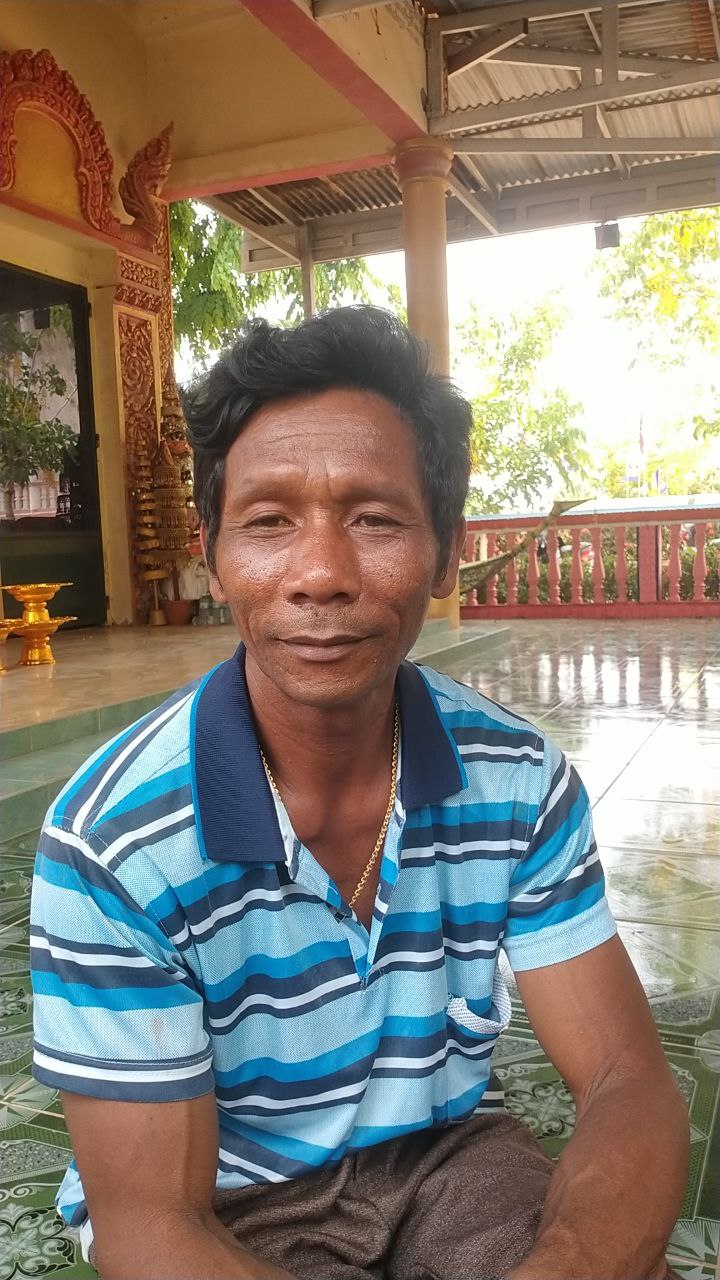
“I am Saru Vuth, 53 years old, and I live in Tadeh Village and am a Community Forestry (CF) representative. I’ve been patrolling this area since 2017. I investigate offenses in the village and call the authorities to apprehend and do what is necessary. The usual offenses are cutting down trees, hunting, and snaring wild animals. Community members don’t understand the importance of the forest and wild animals as they feel this is the only option available for their survival. We need to teach them and make them understand that protection now is for the best. We need our natural resources more than they need us.
I am very passionate about my work. I talk to our villagers often and ask them to unite and continue to work on preservation. And how their support is helping us in the protection of wildlife and the forest.
I believe in my community members as they are now learning that our life depends on the forest, and not on cutting trees, killing animals, and eating them. They now realize that there are many other ways to earn their livelihoods such as farming, and raising chickens, frogs, and buffalo. We can promote Eco-Tourism. Sustainable ways. Slowly, but steadily our community members continue to protect the forest and wildlife and help each other to understand the importance of our natural resources. I believe, it just takes one person to stand up and start helping in changing the mindset, as one will teach the other and this pattern continues,” says Mr. Sara Vuth.

Mr. Saru Vuth
“I am Saru Vuth, 53 years old, and I live in Tadeh Village and am a Community Forestry (CF) representative. I’ve been patrolling this area since 2017. I investigate offenses in the village and call the authorities to apprehend and do what is necessary. The usual offenses are cutting down trees, hunting, and snaring wild animals. Community members don’t understand the importance of the forest and wild animals as they feel this is the only option available for their survival. We need to teach them and make them understand that protection now is for the best. We need our natural resources more than they need us.
I am very passionate about my work. I talk to our villagers often and ask them to unite and continue to work on preservation. And how their support is helping us in the protection of wildlife and the forest.
I believe in my community members as they are now learning that our life depends on the forest, and not on cutting trees, killing animals, and eating them. They now realize that there are many other ways to earn their livelihoods such as farming, and raising chickens, frogs, and buffalo. We can promote Eco-Tourism. Sustainable ways. Slowly, but steadily our community members continue to protect the forest and wildlife and help each other to understand the importance of our natural resources. I believe, it just takes one person to stand up and start helping in changing the mindset, as one will teach the other and this pattern continues,” says Mr. Sara Vuth.
Not only the representatives of CPA and CF but also many restaurant owners were keen on expressing their views on protecting the forest and wildlife. During our zero snares campaign, more than 9 restaurants pledged not to sell bush meat in their facilities.
Mr. Chea Piseth, Manager of Mlob Svay restaurant informed us that he has been working in this restaurant for the past 20 years. And he recollects that in these years they have never sold wild animal meat. He has known of several restaurants doing that in order to attract more clients under the pretext of exquisite meat. Mr. Piseth has always been against it.
“I know, that some villagers go into the forest to put traps to catch these animals. Over the years due to this, we have so many endangered species. When I was young, I remember how lush the forest used to be and filled with so many species of wildlife, and now snaring, and cutting trees has threatened that beauty and also caused climate change. This year we have such terrible heat waves, we are enduring. This is definitely linked to deforestation.
I am from Pursat. Our city has a lot of potential. We can protect our forests and wildlife, and we will still be prosperous. We have so many tourist attractions because of the forest and animals. We can farm and promote our city to local and international tourists, and we continue to educate our community members, relatives, families, and children to protect our environment now. We should take action before it is too late,” said Mr. Piseth.
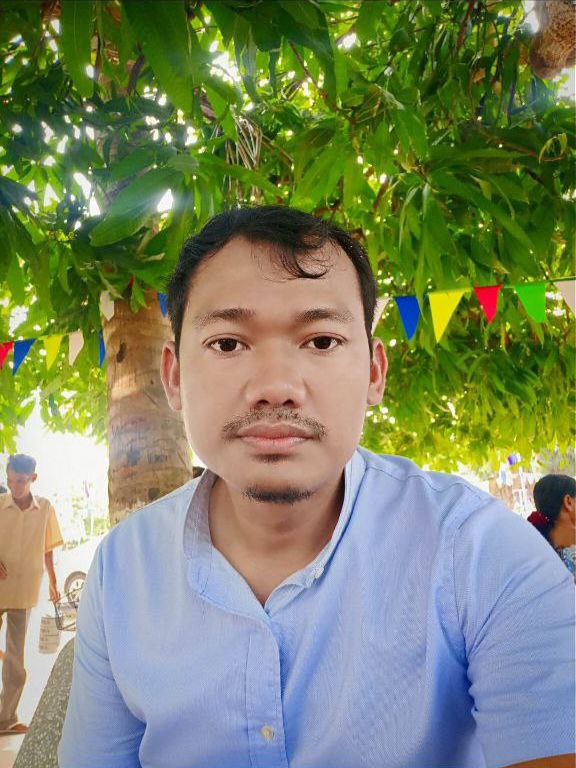

Mr. Piseth
“I know, that some villagers go into the forest to put traps to catch these animals. Over the years due to this, we have so many endangered species. When I was young, I remember how lush the forest used to be and filled with so many species of wildlife, and now snaring, and cutting trees has threatened that beauty and also caused climate change. This year we have such terrible heat waves, we are enduring. This is definitely linked to deforestation.
I am from Pursat. Our city has a lot of potential. We can protect our forests and wildlife, and we will still be prosperous. We have so many tourist attractions because of the forest and animals. We can farm and promote our city to local and international tourists, and we continue to educate our community members, relatives, families, and children to protect our environment now. We should take action before it is too late,” said Mr. Piseth.
All these narratives, make me believe that people are now understanding how difficult and terrible our lives can get if the forest and wildlife have to extinct.
The Southern Cardamoms REDD+ project led by Ministry of Environment and implemented by Wildlife Alliance is one of the major projects in Cambodia that not only sells carbon credits offsets but also rigorously works in building different ways of livelihood for these communities surrounding the forest, helping them not to depend on it but have a better way of living which can be sustained for a longer time, giving them access to various facilities such as clean water, good infrastructure, health care, toilets, Scholarship opportunities, creating new jobs in tourism, and also helps in educating the villagers the importance of preserving the forest and wildlife.

